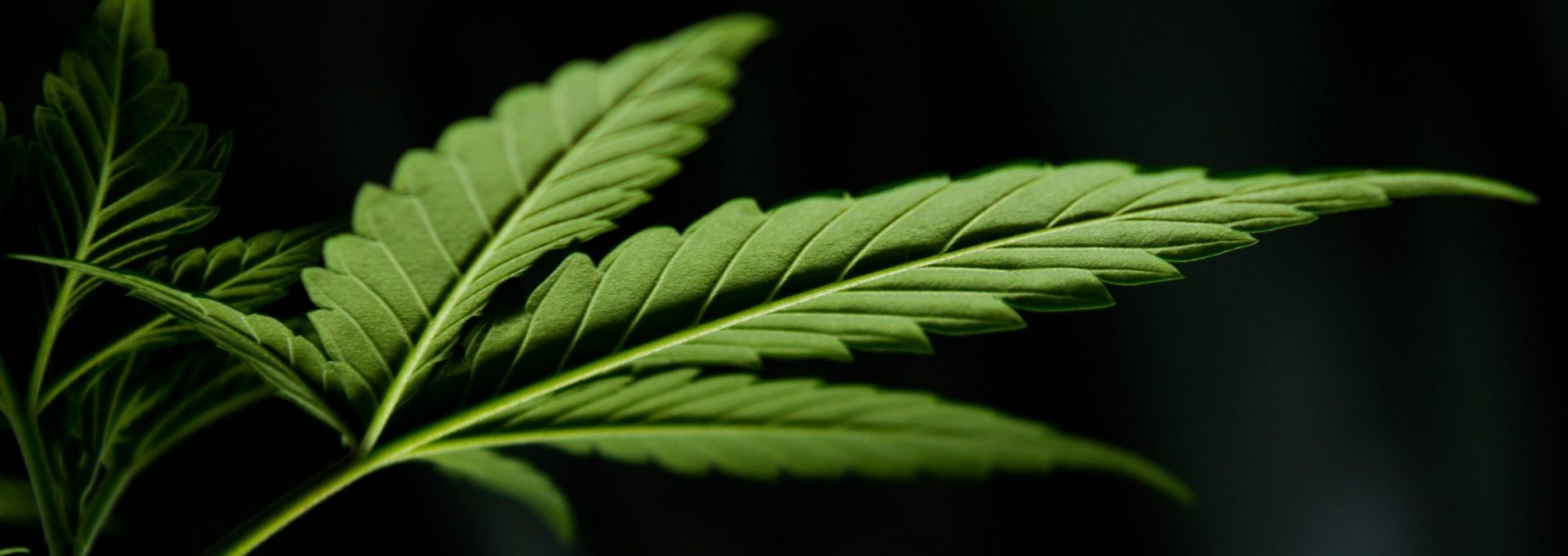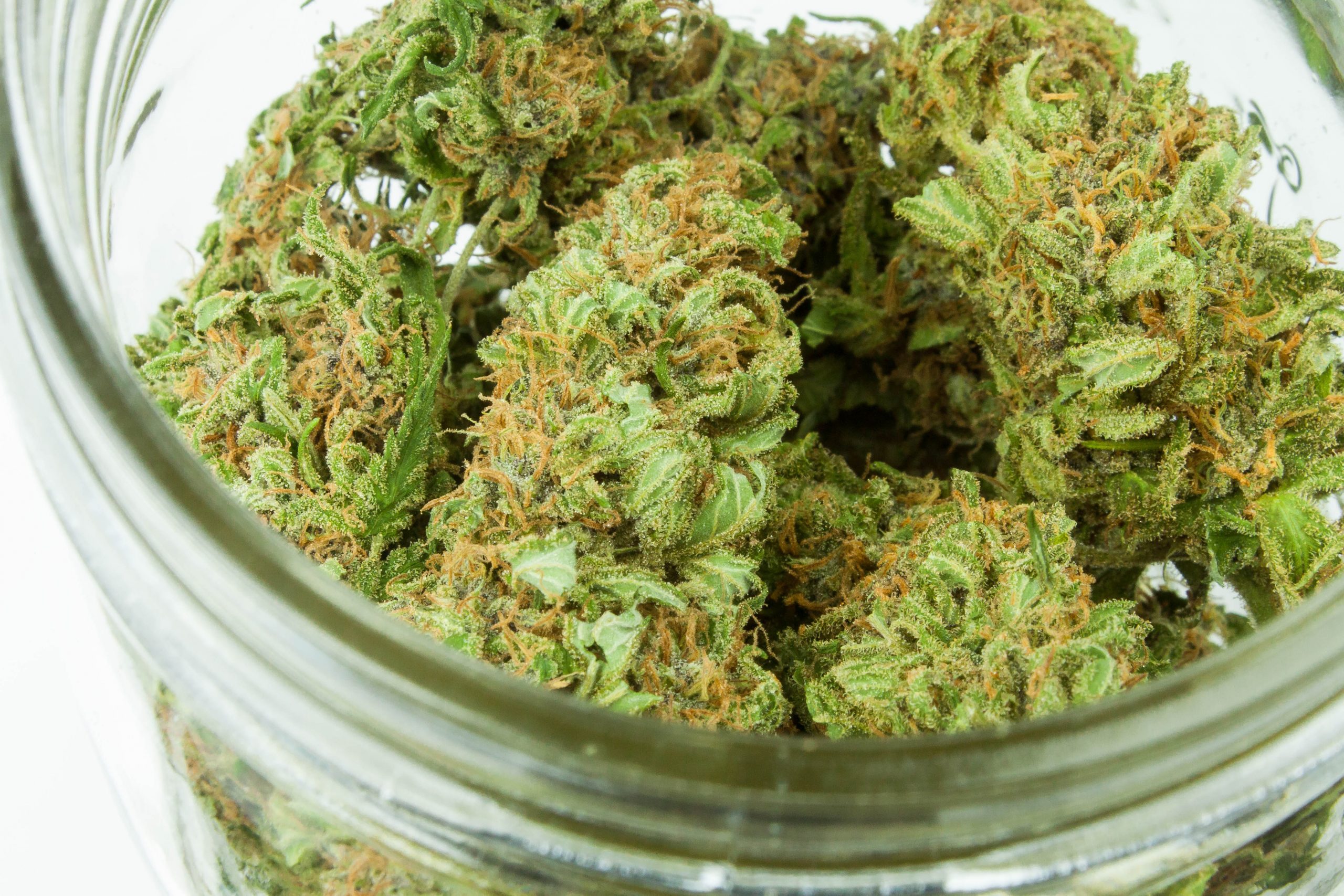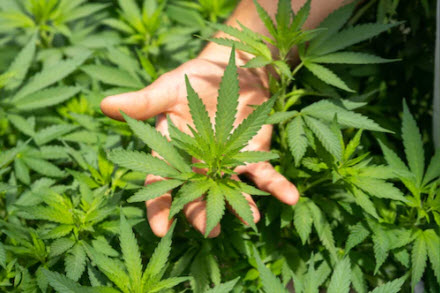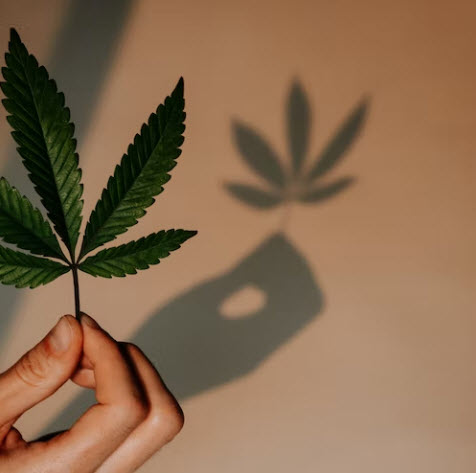A survey of 1,000 Singaporean residents reveals that a slight majority are in favor of cannabis legalization while British police chiefs suggest rescheduling cannabis as a class A drug akin to heroin. Could the Commonwealth and former British colonies change the rules in the UK?
The world is certainly getting surprisingly schizophrenic when it comes to cannabis reform – with surprises showing up all over the place.
Nowhere is this dichotomy clearer than the split opening up between the UK and countries that were its colonies – whether they are still part of the Commonwealth or not.
In the UK, conservative police commissioners are now advocating moving cannabis from its current classification as a Class B drug to Class A (which is where heroin currently falls). The Home Office has said there were no plans to do the same, and of course, cannabis legalization advocates have dismissed the idea as, rightly, “crazy.” That said, it shows the clear challenges that exist in the UK when it comes to moving forward on cannabis reform. This includes the recent proposal by the government to remove both driving licenses and passports from those caught with even small amounts of cannabis.
Meanwhile, a new poll from Singapore shows that a slight majority of citizens (53%) support full cannabis legalization. Singapore was a British colony for 144 years and gained its independence in 1965 when it was separated from Malaysia (also now considering cannabis reform) to become a separate country.
The survey certainly comes at an interesting time. Malaysia is very publicly studying the Thai example and may move forward on at least medical reform by the end of the year.
Bermuda was also just denied the right to move forward on domestic cannabis reform by the British Foreign Office.
It may not be the final tipping point, but it is clear that cannabis reform is gaining speed in Asia.
Cannabis Reform in Singapore
Highly limited cannabis reform is legal in Singapore, but possession or consumption for recreational purposes can result in up to ten years in prison and a fine of up to about €2,500. Trafficking or the export or import of more than 500 grams (half a kilo) can still result in the death penalty.
The plant was introduced to Singapore by immigrant laborers from South Asia who used the plant in their native homelands.
The plant was banned in 1870 when the country was a British colony.
Singapore’s National Research Foundation announced in early 2018 that it would develop synthetic cannabinoids to treat neurological conditions including Alzheimer’s and Parkinson’s. The effort is seen as a way to develop the biotech economy of the country.
Impact On China
The big kahuna in this discussion regionally is of course, China, which is the world’s biggest producer of hemp. So far, there have been no indications that the country is being affected by conversations about reform in Malaysia and Thailand. However, if Singapore moves forward on reform, it will certainly have a domino effect on the entire conversation regionally.
China, along with the US, was the main dissenter on changing the classification of cannabis at the last UN meeting on the topic.
The fact of the matter is, however, that there is no stopping this green tide.
Could The Commonwealth and Former Colonies put Pressure on Britain?
There has been an increasing movement in former British colonies that are now part of the Commonwealth to put pressure on the UK to allow cannabis reform, even if not domestically, then in commonwealth countries.
Australia is the largest former colony and member of the commonwealth to put forward legal reasoning to challenge prohibition under Commonwealth law. However, it is far from the only former British colony to move forward on reform – or want to.
What is certainly true as of now is that there is no great Asian bloc standing against cannabis reform, and each new country that considers the same is certainly chipping away at the idea of cannabis prohibition across the region.









